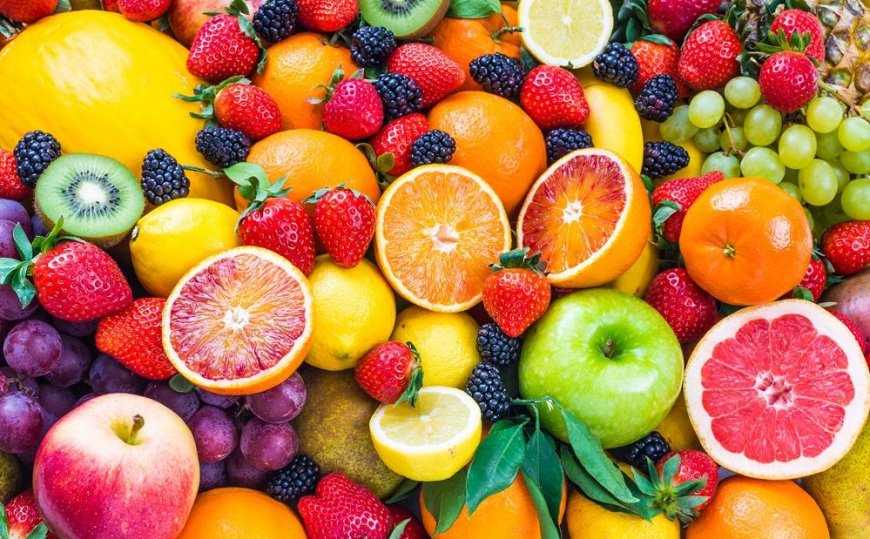When to eat fruit: before or after a meal?
treat them as a snack. The most important thing, however, is that you have plenty of fruit in your daily diet. When to eat fruit.

You can eat fruit both before and after lunch or dinner. You can also treat them as a snack. The most important thing, however, is that you have plenty of fruit in your daily diet. When to eat fruit.
Should you eat fruit before or after meals? Fruit is a key part of a balanced diet, and nutritionists recommend eating at least two to three pieces of fruit each day.
Quantity is not the only important factor. Time is also important. Many people see eating fruit after the main meal as a mistake. Others, on the other hand, do not agree with this opinion.
Why is it worth eating fruit after a meal?
As we mentioned earlier, some people prefer to eat fruit for dessert after the main day is over. Fruit is the healthiest dessert. Eating fruit for dessert will help you avoid eating candy or other high-calorie desserts.
Of course, you also need to keep an eye on your diet and eat a healthy main meal to balance out with a healthy dessert.
Fruit is always a healthier choice than a standard dessert. However, it will be even better to eat seasonal fruit that is readily available at a given time of the year. For example, you can eat watermelons in the summer and eat oranges in the fall and winter.
Why is it worth eating fruit before a meal?
Eating fruit before lunch or before dinner is the best choice if you usually eat snacks before your main meals. This will help you reduce your hunger before you eat, and thus you don't eat too much.
This is one piece of advice given to those on a diet, as fruit can be a filling snack. They will provide you with fiber and water, while not adding too many calories.
In addition, advocates of eating fruit as a snack believe it improves digestion and nutrient absorption.
Must Read: Valve unveiled the console. You can immediately see who he wants to compete with
Eating fruit as a snack supports an active metabolism. In addition, fruit helps to avoid succumbing to the temptation of eating processed foods that contain high amounts of sugar.
Don't turn fruit into juices
And no, we're not just talking about processed juices you can find in supermarkets! This statement also includes juices that you make at home.
Juices are not quite as healthy as fruit, because when you press the fruit, you throw away any pulp from the pulp. This is where most of the nutrients and fiber are found.
In addition, we know that eating natural sugars without fiber can lead to hyperglycemia. This means that your blood sugar levels will start to skyrocket. To avoid this, eat the whole fruit, with all its flesh and fiber.
Other facts about the fruit
Whether you choose to eat fruit before or after meals, remember that fruit is a low-calorie food.
This has an extremely beneficial effect on your diet. Take care to follow a balanced diet by eating fruit and vegetables, and you will certainly be healthier.
Remember that not all fruits and vegetables have the same caloric value. The fruit you are about to eat must be properly matched to your menu.
For example, bananas, coconuts, avocados, and dates are more caloric than apples, grapefruits, watermelons, or pears.
Including fruit in your diet plays a key role as it provides us with vitamins and minerals. In addition, fruits are an excellent source of antioxidants, they contain fiber, hydrate us and help cleanse our bodies.
